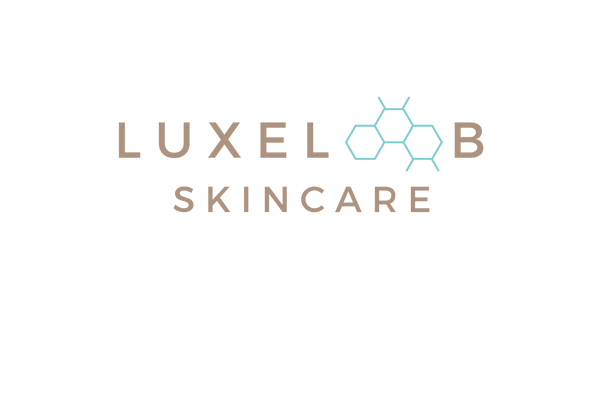What is the role of L-Ornithine in skincare?
Share
L-Ornithine is an amino acid that plays a key role in the urea cycle, helping to remove ammonia from the body. In skincare, L-Ornithine is gaining attention for its potential benefits related to skin regeneration, firmness, and overall skin health. It is often used in anti-aging and skin-firming formulations due to its impact on collagen synthesis and cellular metabolism. Here’s how it works in skincare:
Benefits of L-Ornithine in Skincare:
-
Stimulates Collagen Production: L-Ornithine may help boost collagen production, which is crucial for maintaining skin elasticity and reducing the appearance of fine lines and wrinkles. Collagen is a key structural protein in the skin that provides strength and firmness.
-
Promotes Skin Regeneration: L-Ornithine is believed to support skin cell turnover and regeneration by encouraging the production of new skin cells. This helps maintain a youthful complexion by promoting the healing of damaged skin and enhancing the skin's overall texture.
-
Improves Skin Firmness: By stimulating the production of collagen and supporting the skin's structural components, L-Ornithine can contribute to firmer, more resilient skin. This makes it especially beneficial in anti-aging skincare products.
-
Supports Moisture Retention: L-Ornithine may also aid in improving the skin’s ability to retain moisture, leading to better hydration and a plump, glowing appearance.
-
Reduces Skin Stress: As part of the urea cycle, L-Ornithine helps manage ammonia levels in the skin, reducing oxidative stress and potentially preventing premature skin aging due to environmental factors.
Conclusion:
L-Ornithine in skincare is mainly used for its anti-aging benefits, including boosting collagen production, improving skin firmness, and enhancing the skin's regenerative ability. It can be an effective addition to formulations targeting fine lines, wrinkles, and overall skin health.
